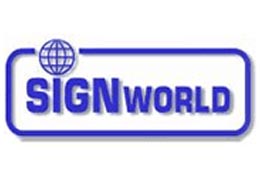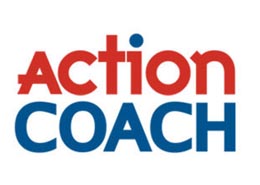In the dynamic world of home improvement, certain franchises have established themselves as leaders, offering unparalleled services across the United States. Whether it’s painting, pool maintenance, or interior decorating, these franchises have proven their mettle in the industry. Let’s delve into some of the most reputable and established home improvement franchises.
CERTAPRO PAINTERS:
Certapro Painters stands as a testament to excellence in residential and commercial painting. Renowned for their meticulous approach, Certapro offers personalized service with a focus on reliability and quality. Their commitment to customer satisfaction and professional expertise makes them a go-to choice for anyone seeking a fresh, new look for their space.
POOLWERX:
Poolwerx leads the charge in pool maintenance and repair services. With a strong emphasis on quality and efficiency, they offer everything from cleaning to equipment repairs, ensuring your pool remains a pristine oasis. Their dedication to maintaining healthy pool environments showcases their leadership in the industry.
Benjamin Franklin Plumbing:
Renowned for their punctuality and expertise, Benjamin Franklin Plumbing is a household name in plumbing services. Their commitment to resolving plumbing issues promptly and efficiently, combined with their exceptional customer service, has earned them a stellar reputation in the home improvement sector.
Budget Blinds:
Budget Blinds has carved a niche in custom window coverings. Known for their wide range of styles and a strong focus on customer preferences, they offer personalized solutions that beautifully enhance any space. Their expertise in consultation and installation makes them a top choice for window treatment solutions.
Decorating Den Interiors:
Decorating Den Interiors brings a unique touch to home décor. Specializing in custom interior design, they offer personalized service that transforms spaces into reflections of individual style and preference. Their network of talented designers ensures a bespoke experience for every client.
FlyLock Security Solutions FKA Flying Locksmiths:
FlyLock Security Solutions, formerly known as Flying Locksmiths, specializes in comprehensive security solutions. Their services range from traditional locksmithing to advanced security systems, offering peace of mind to homeowners and businesses alike.
Kitchen Tune-Up:
Kitchen Tune-Up excels in kitchen remodeling and refurbishment. Known for their quick yet transformative services, they specialize in cabinet refacing, custom cabinets, and wood restoration. Their approach to kitchen renovation emphasizes minimal disruption and maximal impact.
Koala Insulation:
Koala Insulation focuses on energy-efficient home insulation solutions. Their expertise in insulation helps homeowners save on energy costs while enhancing indoor comfort. They stand out for their eco-friendly approach and commitment to providing cost-effective insulation services.
Mosquito Shield:
Mosquito Shield tackles one of the most common outdoor nuisances – mosquitoes. Their specialized services provide effective mosquito control, allowing homeowners to enjoy their outdoor spaces without the annoyance and risks associated with mosquitoes.
One Hour Heating & Air Conditioning:
One Hour Heating & Air Conditioning is known for timely and efficient HVAC services. Their focus on prompt service, often within an “hour”, combined with their expertise in heating and air conditioning systems, makes them a reliable choice for HVAC needs.
Pop-A-Lock:
Pop-A-Lock leads in locksmithing and security services. Renowned for their quick response times and comprehensive service offerings, they provide everything from emergency lockout services to advanced security installations.
Temperature Pro:
Temperature Pro specializes in heating, cooling, and indoor air quality services. Their commitment to providing comfortable and healthy indoor environments through expert HVAC solutions has made them a trusted name in home comfort.
Conclusion:
The landscape of home improvement franchises in the USA is diverse and rich with quality service providers. From painting to plumbing, window treatments to HVAC systems, these franchises offer expertise, reliability, and customer satisfaction, making them the top choices for homeowners across the nation.
If you would like to get more information about any of the above franchises or use our free consultation service, fill out the form on this page to request a free franchise consultation.


















